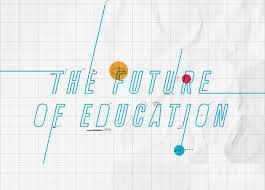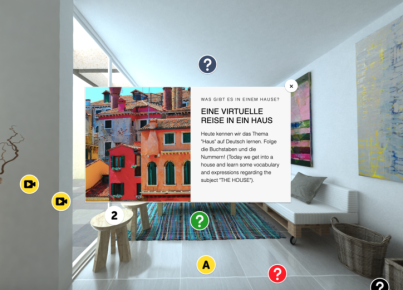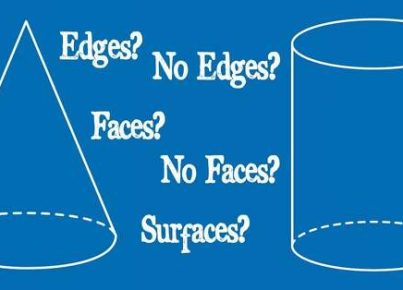Introduction
The world of education is constantly evolving. As technology advances and societal needs change, the way we teach and learn must adapt accordingly. But where is education headed? What could the future of learning look like? This article will delve into the possibilities for future educational models and examine the innovations likely to shape classrooms of tomorrow.
Personalized Learning
One of the most prominent trends in modern education is personalization. In the future, education is expected to shift from a one-size-fits-all model to a system that caters to individual differences and learning styles. With advanced data analytics and artificial intelligence, teachers will be able to monitor student performance in real-time, develop customized lesson plans for each learner, and provide immediate feedback.
Flipped Classrooms
The flipped classroom model, in which students learn at home through online resources and engage in hands-on activities during class time, could become more common in educational environments. This approach allows teachers to dedicate valuable classroom time to collaborative projects, group discussions, and more in-depth exploration of topics rather than traditional lectures.
Project-Based Learning
As we prepare students for an increasingly interconnected global community, project-based learning is expected to take on a more significant role in education. This teaching method creates an environment where students are encouraged to work together to tackle real-world challenges. Through such collaboration, learners develop skills such as critical thinking, problem-solving, and teamwork that will benefit them throughout their lives.
Virtual Learning Environments
With advanced technology comes increased capabilities for remote learning and virtual classrooms. Virtual reality (VR) and augmented reality (AR) could revolutionize how we approach teaching by providing immersive environments that stimulate curiosity and engagement. Students would be able to explore fascinating historical sites, journey into space or dive deep into human anatomy – all within the confines of a virtual environment.
Lifelong Learning
As careers evolve rapidly due to technological advancements, the significance of lifelong learning cannot be underestimated. In the future, education will need to emphasize the ongoing acquisition of new skills and knowledge. This may result in more blending between formal education and informal learning experiences, with educational institutions offering continuous learning opportunities for various age groups.
Increased Collaboration Between Teachers and AI
Artificial intelligence (AI) is expected to play a key role in reshaping the educational landscape. AI-driven tools can help teachers create lesson plans, grade assignments, and even tailor content to each student’s individual needs. In this dynamic future, educators will need to work in tandem with AI technology to provide personalized guidance and instruction.
Conclusion
The future of education promises a landscape rich with innovation and technology. What once seemed like science fiction is becoming more concrete each day, as educational paradigms shift to embrace personalization, digital environments, and collaboration across fields. As we look forward to this brave new world of education, it is crucial that we continue to focus on nurturing creativity, fostering critical thinking skills, and unlocking each student’s unique potential.





